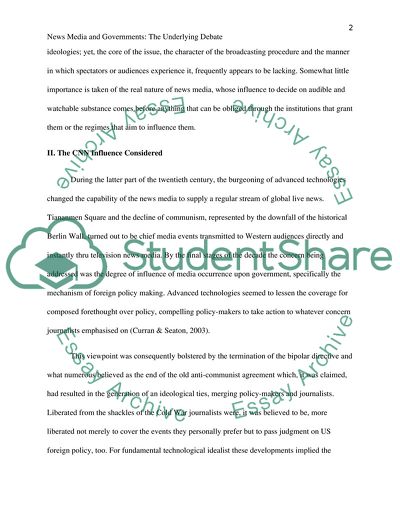Cite this document
(“News Media and Governments: The Underlying Debate, CNN and BBC Essay”, n.d.)
News Media and Governments: The Underlying Debate, CNN and BBC Essay. Retrieved from https://studentshare.org/media/1551000-case-study-that-engages-with-a-particular-television-genre-to-critically-reflect-on-debates-introduced-within-the-module
News Media and Governments: The Underlying Debate, CNN and BBC Essay. Retrieved from https://studentshare.org/media/1551000-case-study-that-engages-with-a-particular-television-genre-to-critically-reflect-on-debates-introduced-within-the-module
(News Media and Governments: The Underlying Debate, CNN and BBC Essay)
News Media and Governments: The Underlying Debate, CNN and BBC Essay. https://studentshare.org/media/1551000-case-study-that-engages-with-a-particular-television-genre-to-critically-reflect-on-debates-introduced-within-the-module.
News Media and Governments: The Underlying Debate, CNN and BBC Essay. https://studentshare.org/media/1551000-case-study-that-engages-with-a-particular-television-genre-to-critically-reflect-on-debates-introduced-within-the-module.
“News Media and Governments: The Underlying Debate, CNN and BBC Essay”, n.d. https://studentshare.org/media/1551000-case-study-that-engages-with-a-particular-television-genre-to-critically-reflect-on-debates-introduced-within-the-module.


